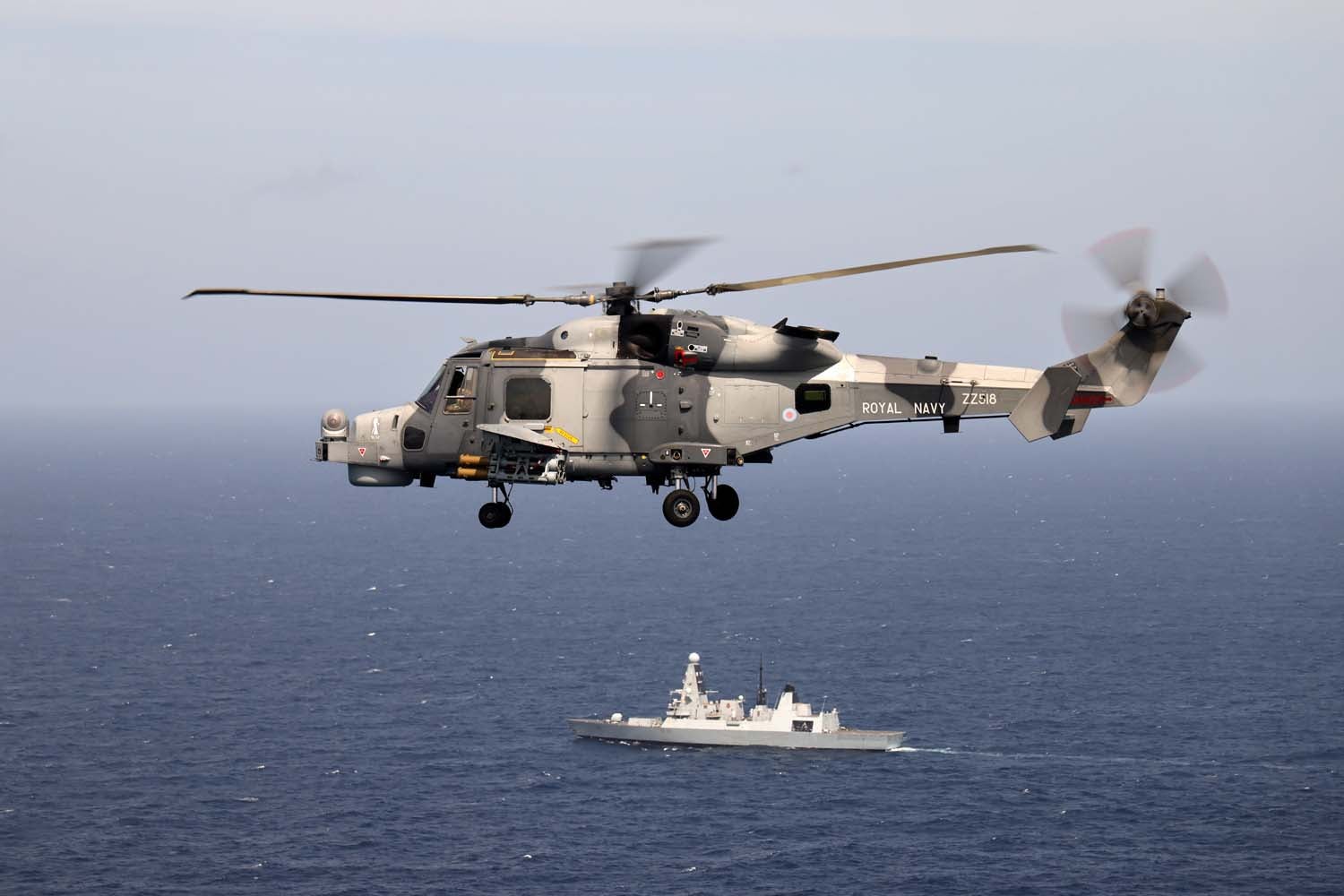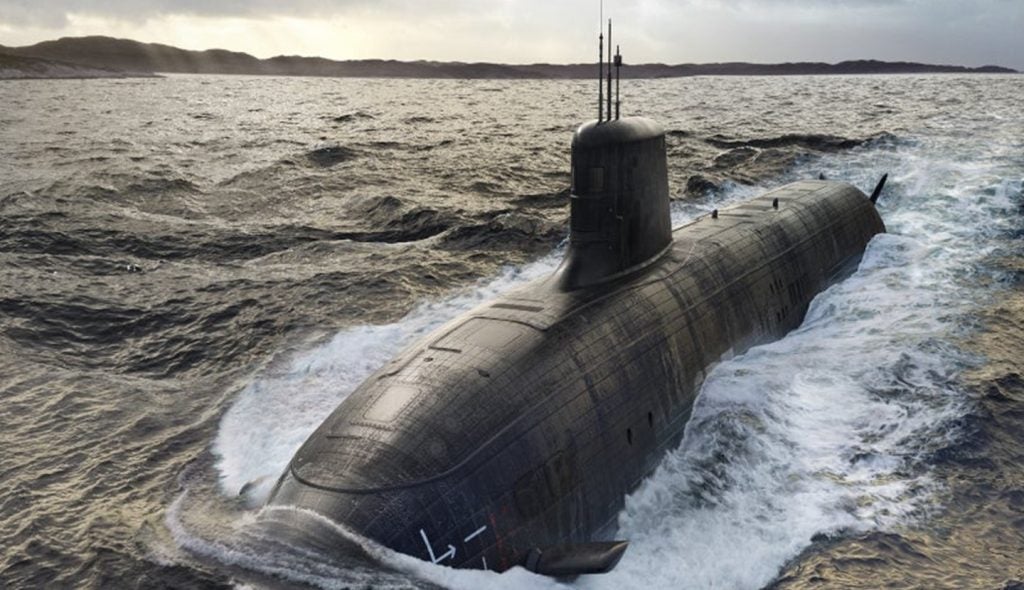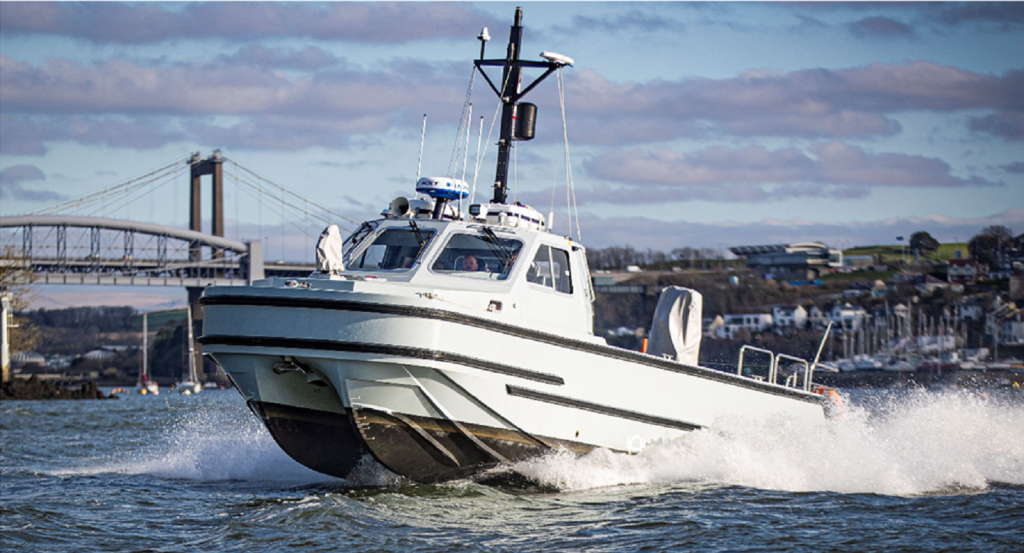
British Royal Navy 815 Naval Air Squadron’s Wildcat HMA Mk2 helicopter has fired the new lightweight Martlet missile during frontline operations for the first time.
The helicopter is currently on deployment conducting operations in the Pacific Ocean with the HMS Queen Elizabeth-led UK Carrier Strike Group (CSG).
According to the Royal Navy, the Martlet projectiles detached from the helicopters in around 0.3 seconds. The testing used an inflatable target known as the ‘big red tomato’.
The new anti-boat swarm missile is designed to help protect UK aircraft carriers from attacks by small boats.
It adds another protection layer around the vessels, with the Wildcats capable of carrying some 20 of the laser-sensor missiles.
The missiles can be used against both stationary and moving targets.
How well do you really know your competitors?
Access the most comprehensive Company Profiles on the market, powered by GlobalData. Save hours of research. Gain competitive edge.

Thank you!
Your download email will arrive shortly
Not ready to buy yet? Download a free sample
We are confident about the unique quality of our Company Profiles. However, we want you to make the most beneficial decision for your business, so we offer a free sample that you can download by submitting the below form
By GlobalDataUK CSG Air Wing commander captain James Blackmore said: “Martlet is a new air to surface lightweight multi-role missile recently introduced into service for the Wildcat helicopter and provides an offensive and defensive capability against small boats and maritime targets that may pose a threat to the Carrier Strike Group.
“The Wildcat is a phenomenally versatile aircraft and the inclusion of up to 20 missiles on each of the four embarked aircraft adds yet another potent capability to the Air Wing and the Carrier Strike Group.
“This first firing during an operational deployment not only gives confidence in the end-to-end weapon kill chain but also offers an overt demonstration of one of the many strike capabilities provided by the Air Wing from within the Task Group.”
Separately, the Royal Navy has announced that HMS Argyll successfully conducted autonomous boat trials in Plymouth.
The vessel was able to control an uncrewed Pacific 24 rigid inflatable boat at sea.






